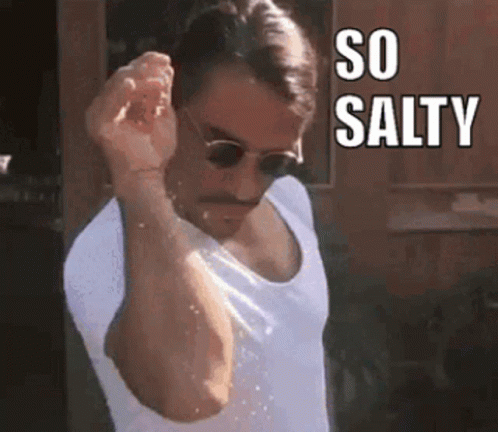If you've ever run over a pothole, walked over a crumbling sidewalk or found yourself trapped in a PAT bus that fell into a sinkhole, you probably know that Pittsburgh's climate is not the best for concrete durability. The general wet weather of the region (plus our proclivity for making roads saltier than the rim of a margarita glass) lead to tons of moisture issues which can be damaging to concrete.
When Winter comes and it gets colder than a polar bears toenails, we become a favorite target of Mr. Freeze. But he's not going to rob a bank or steal precious jewels. No. He's got something much worse and potentially more costly up his sleeve. He's going to deteriorate our concrete.
Concrete is renowned for its compressive strength. Unfortunately, it is not very good in tension. In fact, concrete's tensile strength is typically only one tenth of its compressive strength! When water turns to ice it will expand about 9%. So if you've got wet concrete and the weather turns cold, all of that water freezes and expands. This puts tremendous internal tensile forces on the concrete. This is where pop-outs, spalls and other forms of deterioration happen.
What do we do? Who will save us from Mr. Freeze?
Well luckily concrete has been around a long time and several best practices have been put in place to stop this dastardly dude:
1) Your Concrete Needs Air
Through the addition of chemical admixtures (like those from Euclid) at the redi-mix plant, concrete can develop millions of microscopic air bubbles. These closely spaced air bubbles provide relief from the pressure built up by the freezing of water in the capillary cavities in the cement paste and thus minimize damage to the hardened paste. The number of freezing and thawing cycles that can be resisted by air-entrained concrete is improved several hundred percent compared with concrete not containing entrained air.
2) Your Concrete Needs to Be Strong
Remember the relationship between compressive strength and tensile strength? The higher the compressive strength of your concrete, the higher the tensile strength, the more resistant to deterioration due to the expansion of freezing water. So make sure your initial mix is strong.
3) Your Concrete Needs to Be Finished Correctly
Improper finishing can lead to early freeze-thaw deterioration. Adding extra water to the surface while finishing or forgetting to cure can make concrete weaker and more porous, allowing moisture in and providing less resistance to ice's expansive forces.
4) Your Concrete Needs To Be Water-Resistant
Applying a penetrating water repellent like Saltguard WB or Baracade WB 244 can help keep moisture and de-icing salts out of concrete. No water = no ice = no spalls.
Before you allow Mr. Freeze to spall your sidewalks or fracture your foundation walls, just know that quality contractors have the tools to resist his frosty touch.
So chill out....


